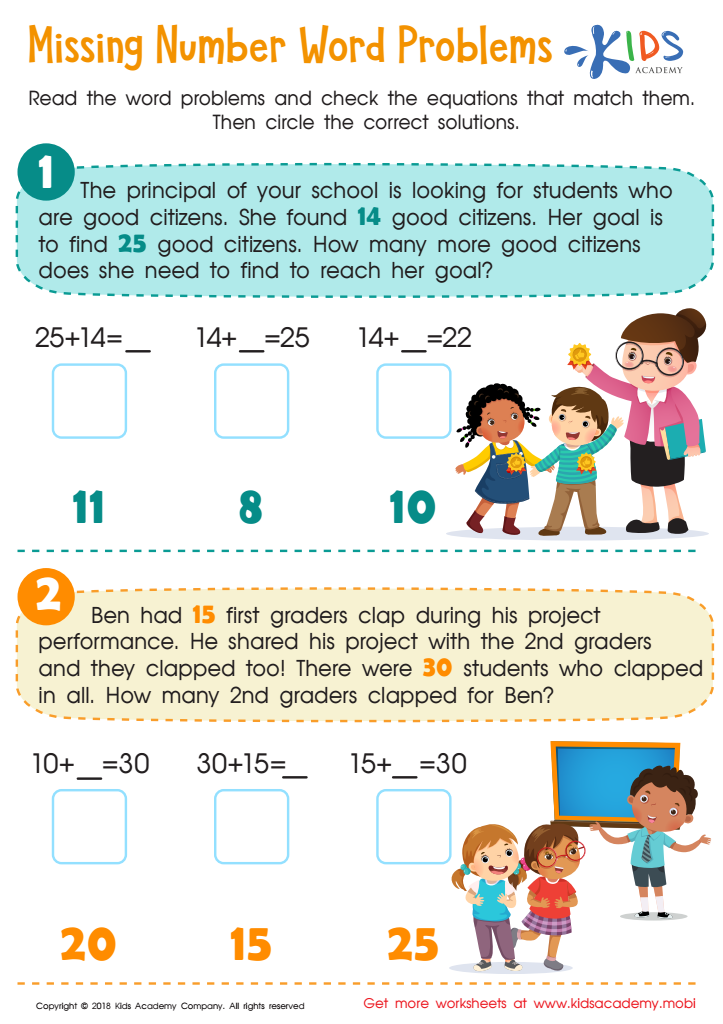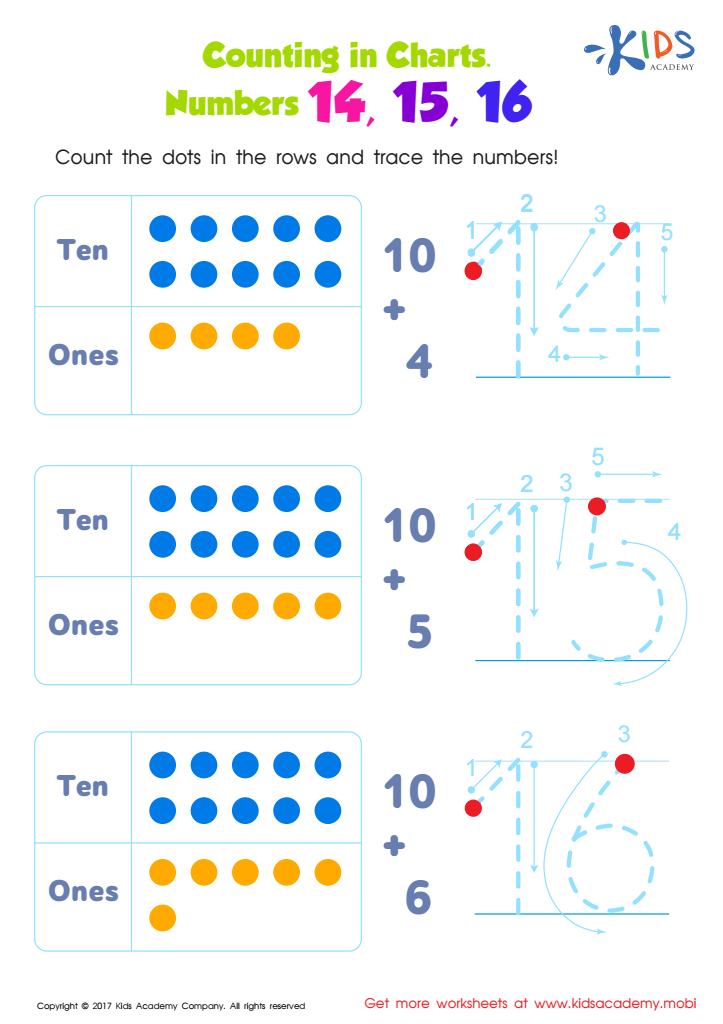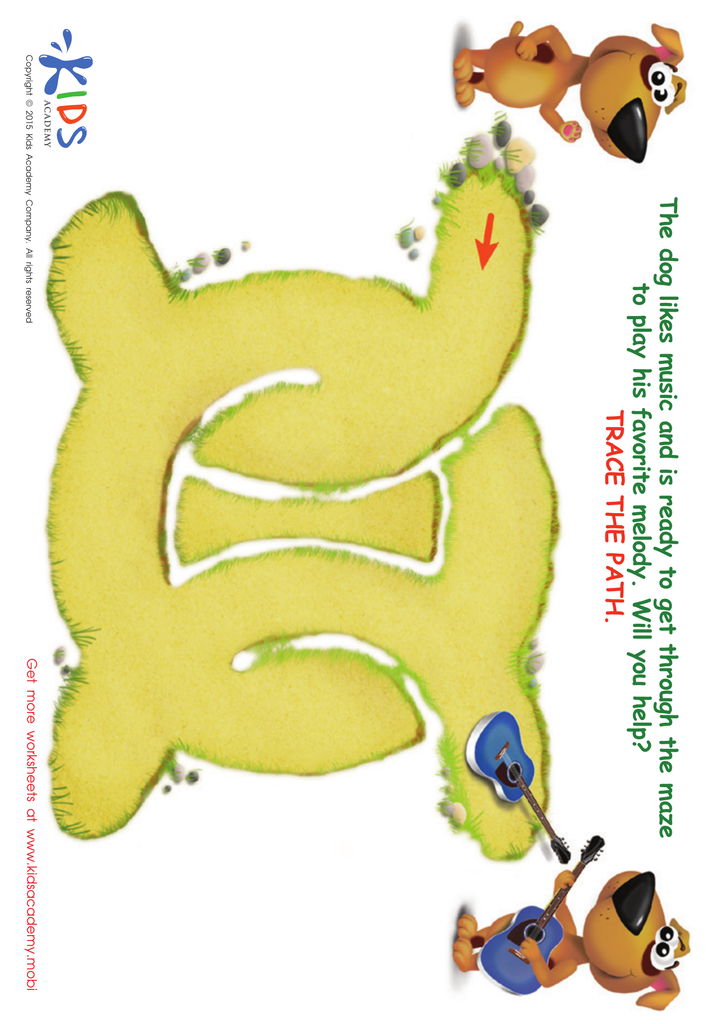Understanding number sequence Worksheets for 4-Year-Olds
3 filtered results
-
From - To
Explore our engaging "Understanding Number Sequence Worksheets for 4-Year-Olds" designed to enhance early math skills through playful learning. These worksheets offer a fun, interactive way for young learners to grasp the concept of number sequences, promoting critical thinking and problem-solving abilities. With colorful visuals and age-appropriate activities, children will enjoy tracing and identifying numbers in an exciting format. Our resources are tailored to fit various learning styles, ensuring every child can thrive as they master foundational math concepts. Elevate your child's early education experience and prepare them for future success with our thoughtfully designed worksheets today!


Missing Number Word Problems Worksheet


Number Tracing Worksheet
Understanding number sequences is crucial for 4-year-olds as it lays a strong foundation for future mathematical skills. At this age, children are rapidly developing their cognitive abilities, and grasping number sequences enhances their counting, and early arithmetic skills. Sequences help children recognize patterns, which can improve their problem-solving capabilities and boost their critical thinking skills.
For parents and teachers, fostering an understanding of number sequences encourages a love for mathematics, making learning enjoyable and engaging. It lays the groundwork for deeper mathematical concepts such as addition, subtraction, and even more complex ideas encountered later in school. Introducing these concepts in playful, relevant scenarios helps children see the value of math in their everyday lives.
Supportive environments that include activities like counting objects, singing number songs, or playing simple games can facilitate this learning. Furthermore, children who are proficient in number sequences often exhibit higher confidence in their academic abilities, fueling overall positive attitudes toward learning.
By prioritizing number sequence understanding, parents and teachers can empower children to build essential skills for academic success and emotional resilience, setting them on a path to lifelong learning and achievement. It is an investment in their holistic development at a critical stage.

 Assign to My Students
Assign to My Students

















